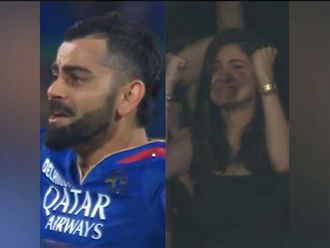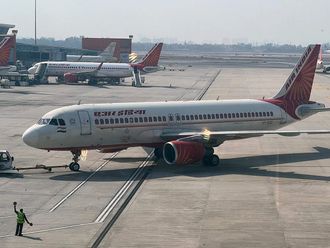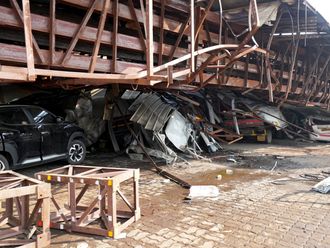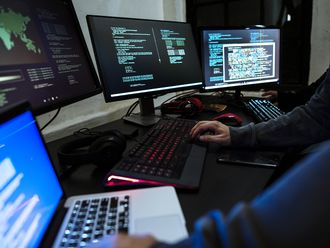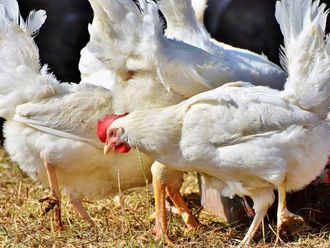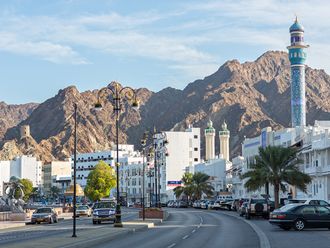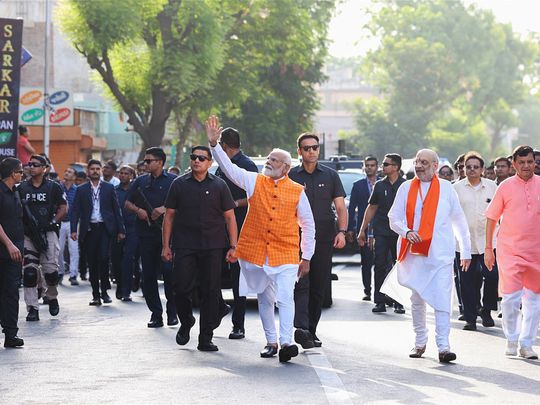
AHMEDABAD/GUWAHATI: Prime Minister Narendra Modi voted early on Tuesday as India held the third phase of a massive general election, when seats in his home state Gujarat and 10 other regions will be decided.
The world’s most populous nation began voting on April 19 in a seven-phase election in which nearly one billion people are eligible to vote, with ballots set to be counted on June 4.
Modi is seeking a rare, third straight term in a vote which pits his Hindu nationalist Bharatiya Janata Party (BJP) against an alliance of more than two dozen opposition parties. Surveys suggest he will win a comfortable majority.
Modi cast his ballot in the Gandhinagar constituency where his number two, Home Minister Amit Shah, is the BJP candidate.
Also read
He urged citizens to actively participate in the “festival of democracy”, while taking care of their health as summer temperatures continued to rise in many parts of the country.
Clad in saffron and white, he was surrounded by hundreds of supporters and party members, signing autographs and talking to children on the way to the polling station.
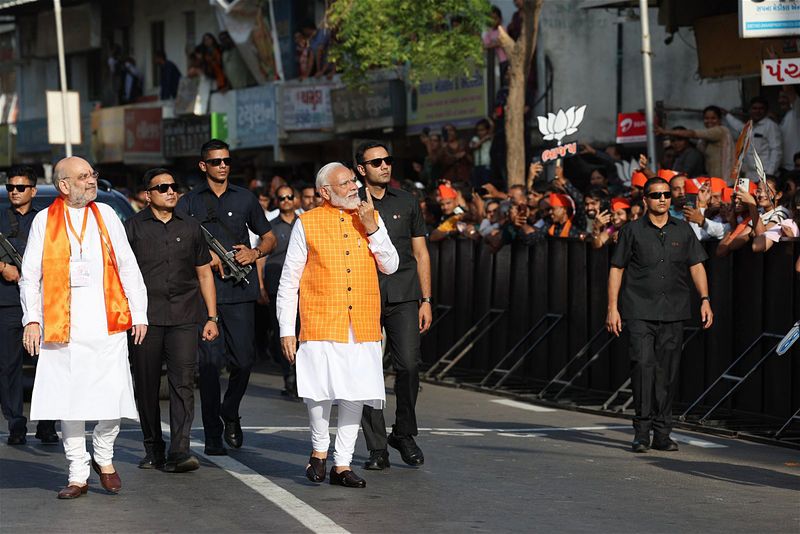
Much of southern Asia was hit by a heatwave last week that saw several constituencies vote in searing temperatures.
In the city of Mathura, not far from the Taj Mahal, temperatures crossed 41 degrees Celsius (106 degrees Fahrenheit) on polling day, and election commission figures showed turnout dropping nearly nine points to 52 percent from five years earlier.
An analysis of turnout data published by The Hindu newspaper concluded it was too early to determine whether hot weather was impacting voter participation.
But India’s weather bureau has forecast more heatwave spells to come in May and the election commission formed a taskforce last month to review the impact of heat and humidity before each round of voting.
High temperatures were forecast for several locations voting on Tuesday including the states of Madhya Pradesh and Bihar.
Years of scientific research have found climate change is causing heatwaves to become longer, more frequent and more intense.
More than 968 million people are eligible to vote in the Indian election, with the final round of polling on June 1 and results expected three days later. -- AFP
Modi’s campaign began by showcasing his economic record, welfare measures, national pride and personal popularity.
The BJP relies heavily on his popularity, with his image adorning everything from sacks of rice handed out to the poor to large posters in cities and towns.
But some voters said it was not enough.
“Yes, the government gives us free rice, but what’s the point? Look at the cost of potatoes and onions. It was never so high before,” said 50-year old Rina Kathar from Baligate in the northeastern state of Assam, which also voted on Tuesday.
Assam is prone to frequent flooding and M. Ahmed, 30, said his basic concerns included bad roads and poor drainage systems in the state capital Guwahati.
PUSH TO BOOST VOTER TURNOUT
Modi changed his campaign strategy after the first phase of voting and focused more on firing up BJP’s Hindu base by attacking rivals as pro-Muslim, even as a survey said jobs and inflation were the main concerns of voters.
In an interview with broadcaster Times Now aired on Monday, Modi said he does not oppose Islam or Muslims and wants the community to think about their future growth as they vote.
Tuesday’s polling covers 93 seats in 11 states and territories, with Gujarat and Maharashtra in the west and Karnataka in the south accounting for 50 seats. That would complete voting for 283 of parliament’s 543 elected seats.
In the 2019 elections, the BJP won more than 70 of 93 seats up for grabs on Tuesday, but faces tougher contests this time as the main opposition Congress party has gained strength in Karnataka and a regional partner has split in Maharashtra.
Voter turnout of 66.14 per cent and 66.71 per cent respectively in the first two phases has been marginally lower than corresponding phases five years back, with analysts blaming the summer heat and the lack of a single strong issue to motivate voters.
The Election Commission has since stepped up a campaign to encourage people to vote while consulting with weather officials and health and disaster management agencies to deal with the impact of the heat wave on Tuesday’s vote.
Among those who voted in Gujarat was Gautam Adani, the billionaire chairman of the Adani Group conglomerate.
“Today is the festival of democracy and I appeal to people to come out and vote,” he told reporters after voting.
“India is moving forward and will continue to do so.”


